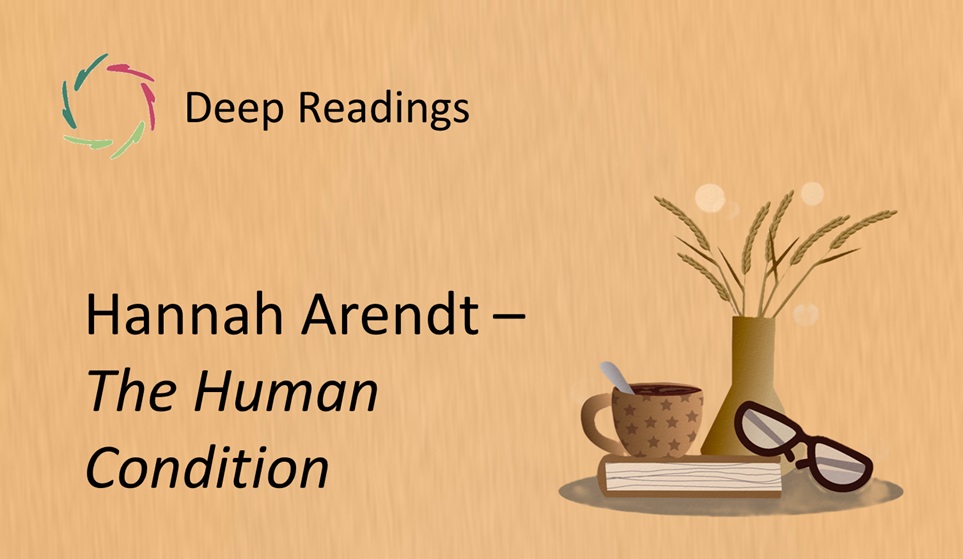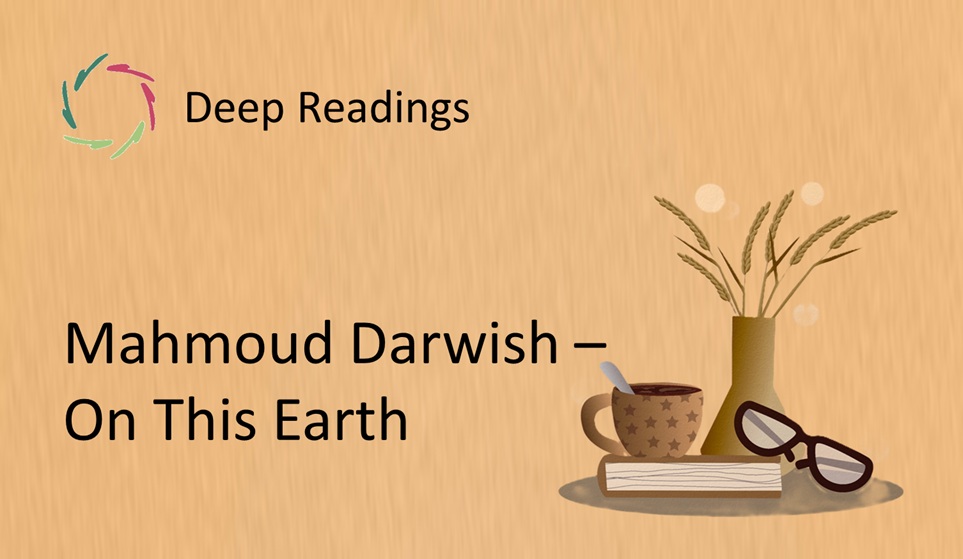Deep Readings: Fairouz – We Had a Mill

The Fragment
كان عنا طاحونه، عَ نبع الميّ
قدامها ساحة وبيت صغير
وكان في قناطر، مزينين
مزينين بالأزاهير
English rendering (by Lisa)
We had a mill by the spring of water,
in front of it a yard and a small house.
There were arches, adorned,
adorned with flowers.
(Short excerpt due to copyright)
Read full lyrics → MusixMatch
Listen → Fairouz performing on YouTube
Contextual Glimpse
Fairouz (b. 1934), the voice of Lebanon, became one of the Arab world’s most beloved singers. Kan ‘Ana Tahouna (“We Had a Mill”) is among her nostalgic songs, evoking lost places and vanished times. Written in the 1960s, its gentle imagery — a mill, a spring, flowers — is more than pastoral memory: it is a symbol of home, innocence, and longing for what is gone. For listeners in Lebanon and beyond, it resonates with personal memories and with collective loss, especially in times of war and displacement.
Resonance
The fragment is filled with tenderness. A mill, a spring, a house, flowers: simple images that carry the whole weight of memory. The song is not about the mill itself, but about what it represents: the beauty of what was, the ache of absence. Fairouz’s crystalline voice turns nostalgia into universal experience — reminding us that every place we once loved becomes, over time, a song.
It resonates because each of us carries a “mill” within us: a place of childhood or belonging that no longer exists as it once did, but lives on in memory.
Why this may also be about you
Fairouz’s nostalgic song is not only about a Lebanese village mill; it is about the landscapes within your own memory. Each of us has known a place now changed, abandoned, or lost — yet still alive in recollection. The yearning in the song reminds you that the past is not erased; it continues to live in you.
When the mill grows silent and the arches lose their flowers, we feel the ache of time’s passage. Yet by remembering, you keep the place turning in another way. The mill becomes a symbol of how memory sustains what is gone, keeping it present in new form.
Lisa’s inspired, original idea about this fragment
Perhaps the mill is also your heart. Its wheel once turned with the water of daily life, full of voices and laughter. Now, when silence falls, the heart continues to turn — not with grain but with memories. In this sense, memory itself is a mill: grinding time into meaning.
To hear Fairouz sing is to recognize that loss and beauty are inseparable. The wheel of memory transforms absence into song, and song into belonging. Through her voice, the vanished world becomes audible again, alive within you.
Echoes
Kan ‘Ana Tahoun has become one of Fairouz’s most beloved songs, carried across decades in Lebanon and the wider Arab world. Its refrain — “We had a mill” — became shorthand for nostalgia, for the ache of remembering what war, change, or time has taken. It continues to be sung at gatherings, played on radios, and cherished across generations.
The echo shows how personal memory can become collective heritage. What was once a single image — a mill by the water — now belongs to millions as a symbol of Lebanon’s soul. The song’s voice keeps the past turning, long after the wheel itself has stopped.
Inner Invitation
Close your eyes and picture a place from your past that you loved. See its colors, its sounds, its textures. Notice how it feels to return in memory, even if the place no longer exists. Ask yourself: what part of me still lives there, and what part of it still lives in me? Let that place turn quietly like a mill within.
Closing Note
Fairouz’s song is more than nostalgia: it is an invitation to honor the places that made us, even when they are gone, knowing they still live in us as music does.
Keywords
memory, home, nostalgia, loss, Lebanon, innocence, place, longing, wheel, past, song, belonging
Full English (rendering by Lisa)
Fairouz, “Kan ‘Ana Tahouna” (We Had a Mill)
We had a mill,
how sweet the nights were then —
the breeze would wait for us,
and you would come to meet me,
carrying us far away
with the murmur of the water
and the night.
We had a mill by the spring,
before it, wide yards
planted with flowers.
And my grandfather would grind grain
for the whole neighborhood,
wheat and blossoms together.
And the people would gather,
their voices rising in laughter,
the sound of the millstone turning
with the flow of the water,
turning with the rhythm of our days.
But the days passed, little by little,
and the mill grew silent
on the shoulder of the stream.
And my grandfather became
a mill of memories,
grinding the sun and the shade.
O sleepless nights,
O sweetness in my mind —
sing, ah,
sing upon the roads.
Yay, yay, yay!
O sleepless nights,
O sweetness in my mind —
sing, ah,
sing upon the roads.


